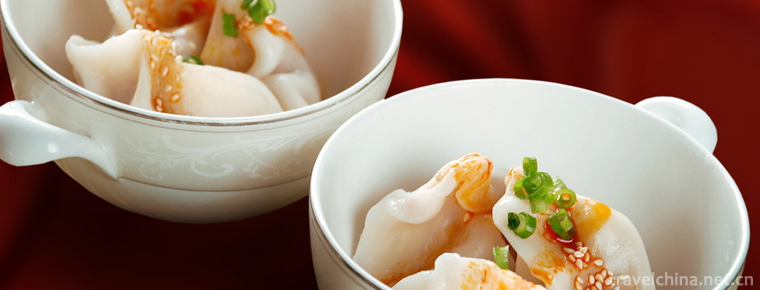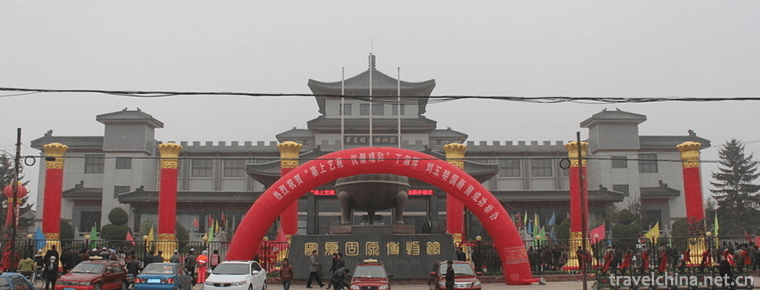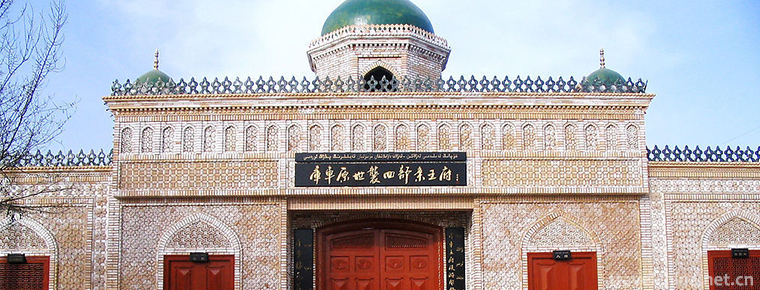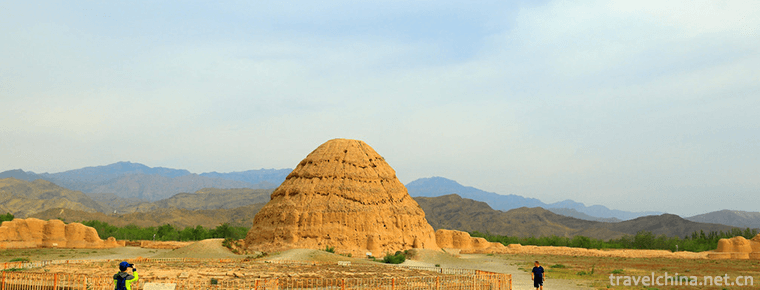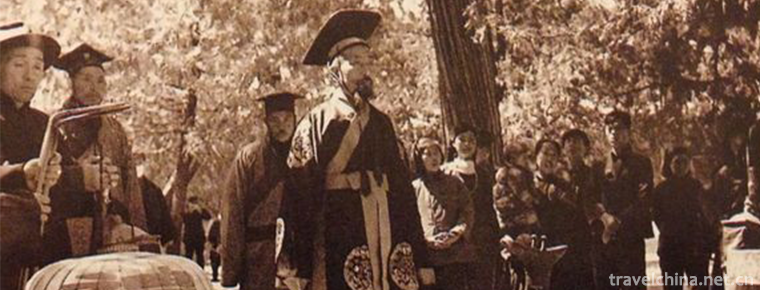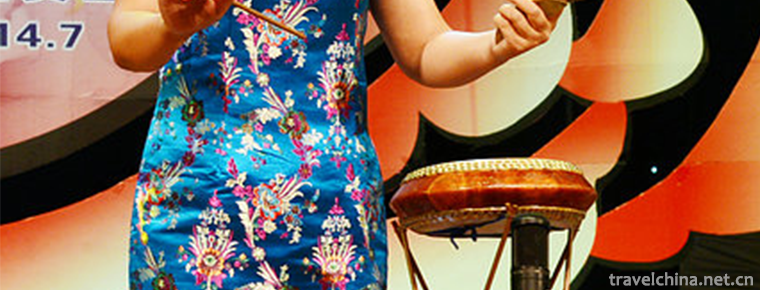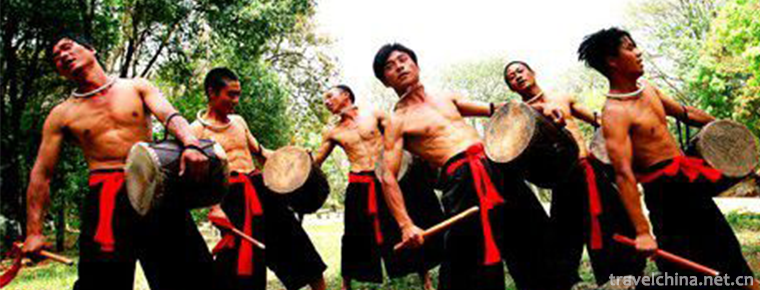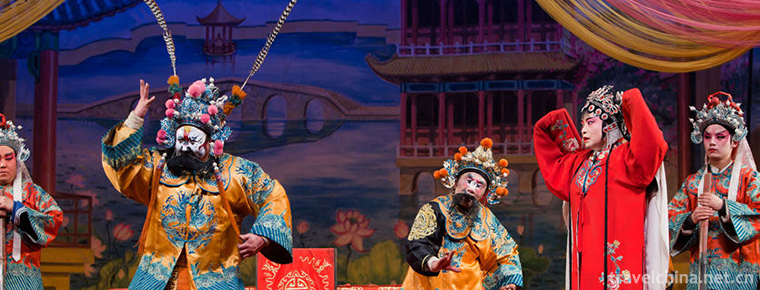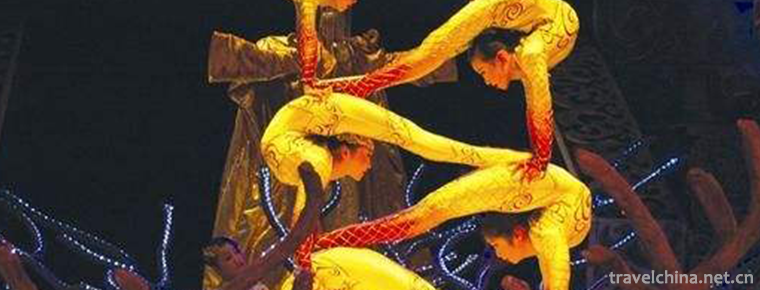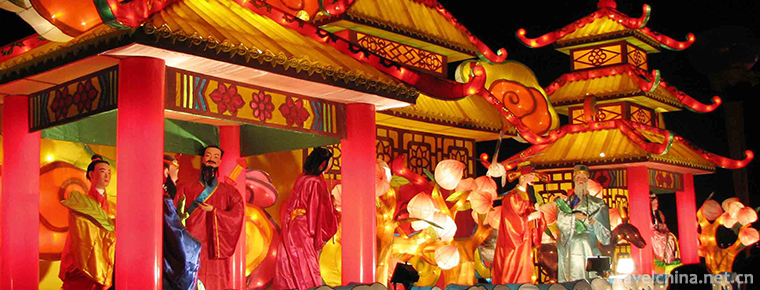Zhengzhou Xiao Ji stewed noodles
Zhengzhou Xiao Ji stewed noodles,Xiao Honghe, the founder of Xiao Ji Yanmian, was a master of Yifumian at Changchun State-owned Hotel in Zhengzhou. After retirement, he led his two sons to open the restaurant. Many people have the same memories. Xiao Jihuan Noodle Hall opened in the triangle of the intersection of Renmin Road and East Taikang Road, and it was open all night.
He did not follow the traditional style of mutton steamed noodles, but found inspiration from his own good Yifu noodles. He added sea cucumbers and squid with delicious taste and high nutritional value to mutton steamed noodles, called "three fresh steamed noodles".
In 1986, when Xiao Jihuan's noodles were just opened, there were no stores. He started with a canvas awning, a low table, a bench and a pot of soup. With a flick of the finger, Xiaoji now pays more than 1 million yuan of interest and tax to the country every year only.
Many people have the same memories. Xiao Jihuan Noodle Hall opened in the triangle of the intersection of Renmin Road and East Taikang Road, and it was open all night. On a snowy night, three or two friends gathered here, called a plate of red bean shredded, a plate of steamed mutton, each person in front of a bowl of steaming hot steamed noodles, even if there is a bottle of the most common white wine, can also have unlimited pleasure! uuuuuuuuu
The origin of this ember is also said to be related to the anti-Japanese war. During the anti-Japanese war, Japanese airplanes often attacked Zhengzhou. At that time, a chef surnamed Zhao came to eat noodles in his noodle restaurant one day, just in time for the Japanese military aircraft to bomb. After evading the bombing, the noodles became cold. The chef had to put the cold noodles into the boiling mutton soup to cook for a moment. The soldiers found the cooked noodles were also delicious. Later, chef Zhao devoted himself to the study, put some salt and alkali in it to make it more tendon, make a different flavor of the noodles, and later became a popular flavor delicacies. When Gu Qingsheng learned about this legend when he was eating steamed noodles in Zhengzhou, he suggested opening a steamed noodles restaurant in Tokyo, Japan, to let the Japanese eat steamed noodles, and then told them that this steamed noodles was your witness food of Japanese invasion of China, and gave the Japanese people a peace education. This suggestion was better than those "patriotic fighters" who washed Tokyo in blood. Brave words are much stronger.
Address: Fulu North Road, Dongzhou Road, Zhengdong New Area, Zhengzhou, Henan Province, China
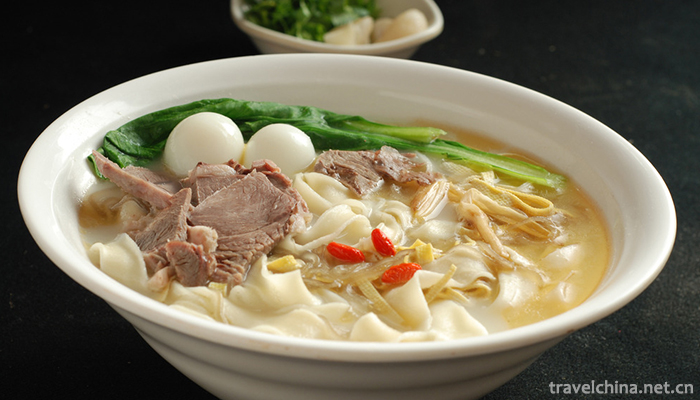
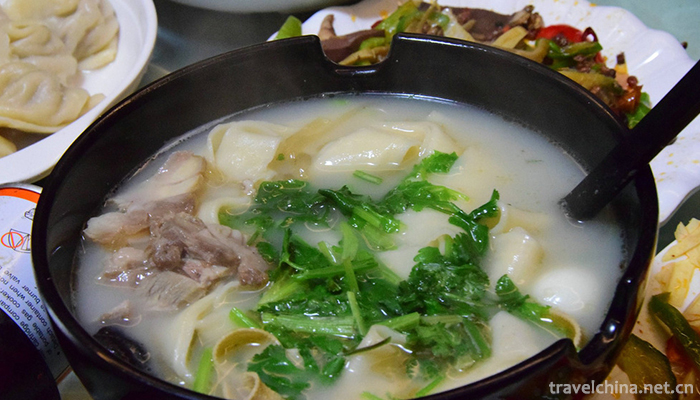
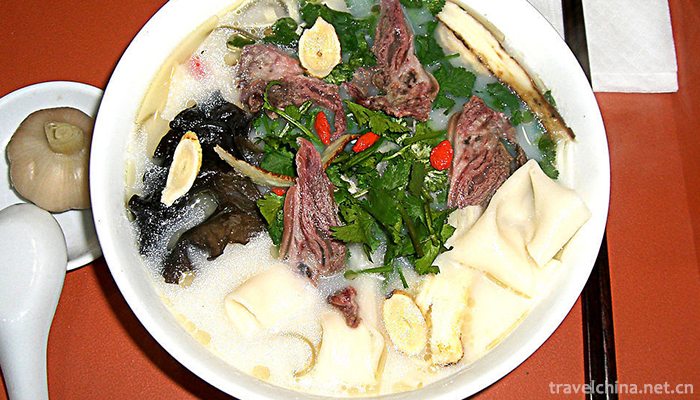
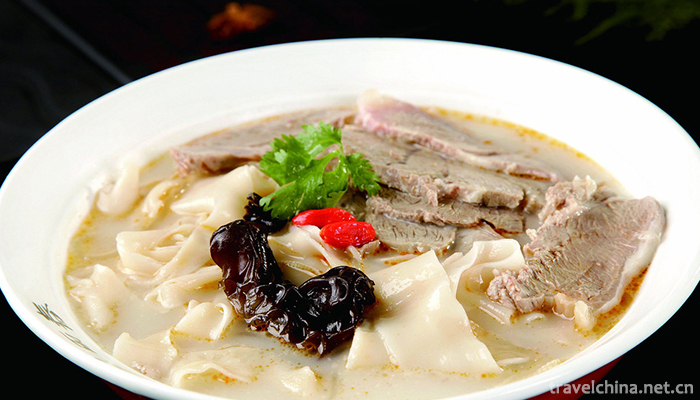
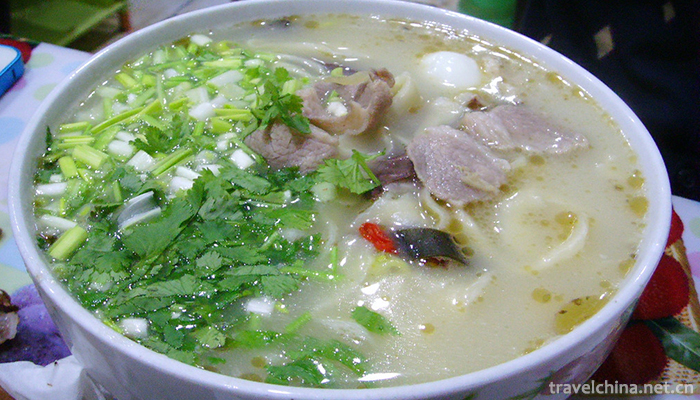
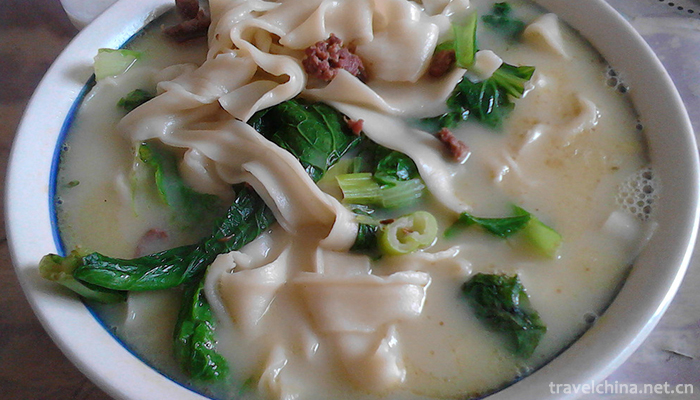
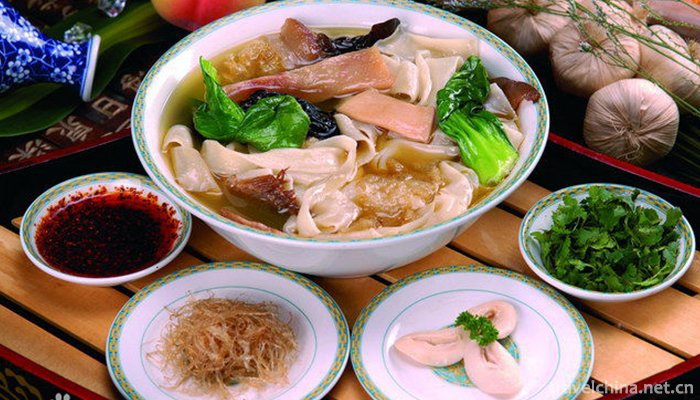
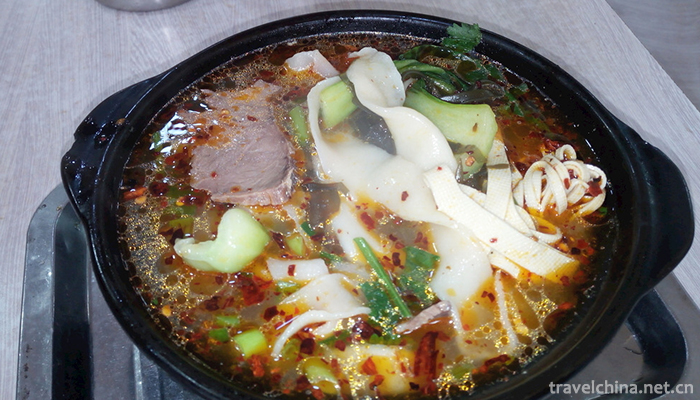
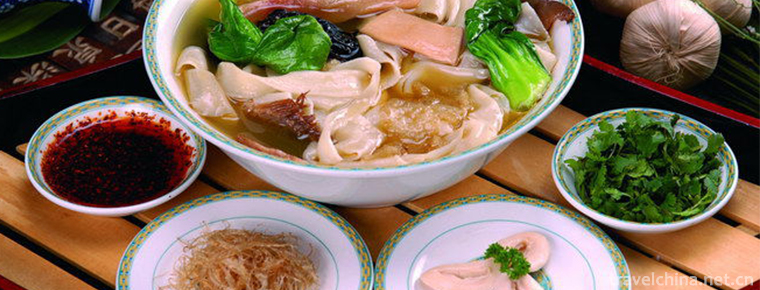
Zhengzhou Xiao Ji stewed noodles
-
Guyuan Museum
Guyuan Museum of Ningxia was established on December 30, 1983. It belongs to the Cultural Office of Ningxia Autonomous Region. It is located at No. 133 Xicheng Road, Guyuan City, southern mountain are
Views: 212 Time 2019-01-12 -
Kuqa Wangfu Scenic Area
Located in Kuqa County, Xinjiang, the "Kuqa Wangfu" was built by Emperor Qianlong of Qing Dynasty in 1759 by dispatching Han craftsmen from the mainland in order to commend the local Uygur l
Views: 185 Time 2019-01-29 -
Western Xia imperial tombs
The Mausoleum of the Xixia Dynasty, also known as the mausoleum of the Xixia Emperor and the mausoleum of the Xixia Emperor, is the mausoleum of the successive emperors and the Royal Mausoleum of the
Views: 146 Time 2019-02-25 -
memorial ceremony for Confucius
The sacrifice to Confucius is a grand sacrifice ceremony held mainly in Confucian temples for the sake of revering and remembering Confucius, which is a miracle in the history of world sacrifice and h
Views: 143 Time 2019-05-05 -
Leting drum
Music Pavilion Drum is a representative form of traditional music drum book and drum music in northern China. It is widely spread in eastern Hebei, Beijing, Tianjin and northeastern Liaoning, Jilin, H
Views: 301 Time 2019-05-11 -
Drum dance
Hani rhythm and drum dance is a kind of sacrificial dance of Hani people on the traditional festival "Onmatu". The dance is vigorous and bold, vigorous, simple and free, showing the same per
Views: 72 Time 2019-05-23 -
Shangdang Laozi
Shangdang Laozi is one of Shanxi local operas. It is a kind of opera popular in southeastern Shanxi. Shangdang Laozi is a tributary of Wu'an Laozi in Hebei Province. During the Daoguang period of the
Views: 394 Time 2019-06-13 -
Wuhan acrobatics
In the 20 years of Qingdaoguang (1840), folk acrobats from Tianmen, Wuyang and other places in Hubei came to Wuhan to perform, and then gradually formed a class club to enter the stage. Folk artists s
Views: 172 Time 2019-06-30 -
The Lantern Festival
Lantern Festival, also known as the Lantern Festival, the Little January Festival, the Lantern Festival or the Lantern Festival, is one of the traditional festivals in China. The first month is the fi
Views: 350 Time 2019-07-16 -
Guangyuan history and culture
"Guangyuan daughter's day, women swim in the river bay", this is a kind of folk cultural activities, this is the chapter described by Guangyuan daughter's day. On the first daughter's day in 1988, the water area of Jialing River in front of huangze temple was
Views: 155 Time 2020-12-15 -
Suining City honor
Seven Star City of public welfare and charity in China
Views: 373 Time 2020-12-16
